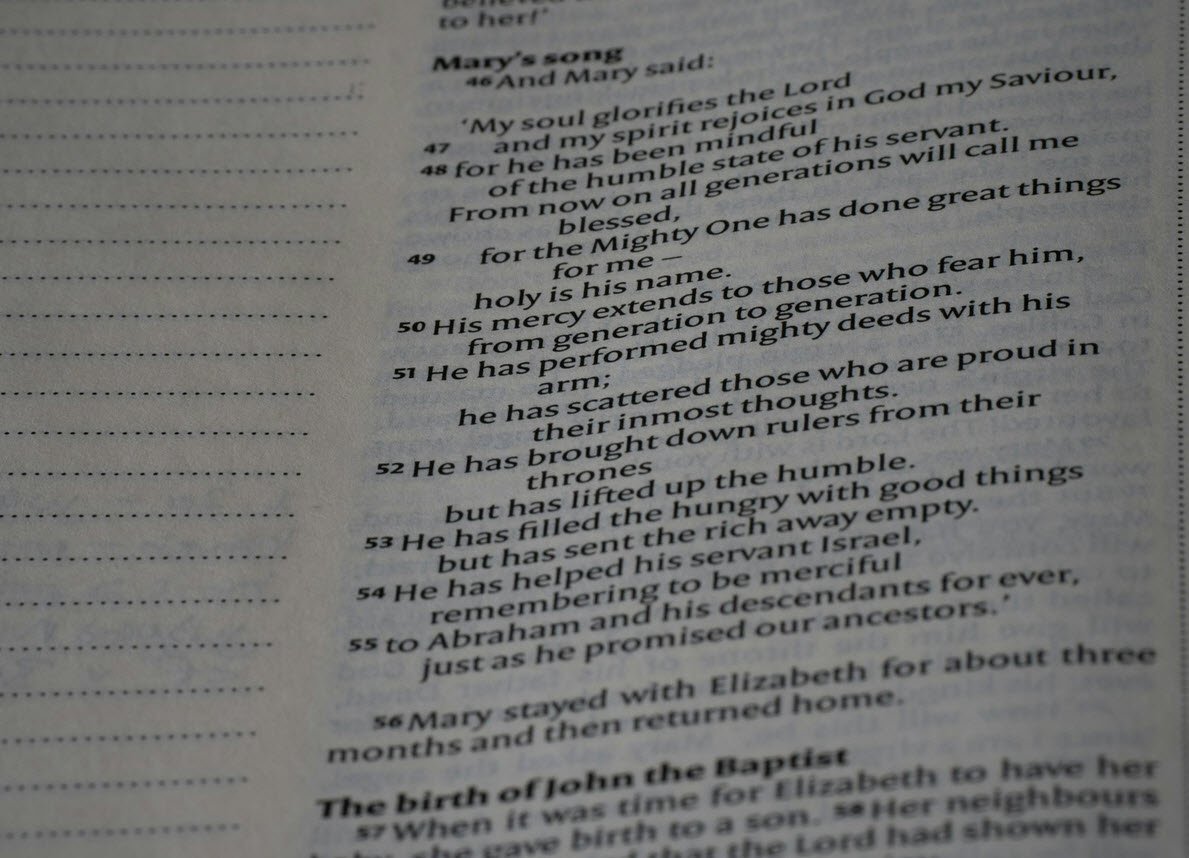
Effective communication involves using precise and vivid language to convey our thoughts and ideas. While adjectives play a crucial role in describing nouns, the repetitive use of the word “very” can weaken the impact of our writing. To add more depth and nuance to your descriptions, consider replacing “very” with more specific and evocative adjectives.
Let’s explore some alternatives to the word “very” that can elevate your writing and make it more engaging.
1. Very capable – accomplished:
Instead of saying someone is “very capable,” you can describe them as “accomplished,” highlighting their high level of competence and skill.
2. Very clean – spotless:
To emphasize the pristine condition of something, use the adjective “spotless” instead of “very clean.” This term paints a clearer picture and evokes a sense of cleanliness and perfection.
3. Very clever – brilliant:
Replace “very clever” with “brilliant” to describe exceptional intelligence or ingenuity. This term conveys a higher degree of brilliance and intellectual prowess.
4. Very cold – freezing:
If you want to emphasize extreme coldness, opt for “freezing” instead of “very cold.” This term captures the intense chill and adds a vividness to your description.
5. Very dirty – squalid:
To portray extreme dirtiness or filth, use “squalid” instead of “very dirty.” This adjective conveys a stronger sense of sordidness and uncleanliness.
6. Very dry – parched:
When describing extreme dryness, “parched” is a more vivid alternative to “very dry.” It conveys a sense of intense thirst and aridity.
7. Very fast – swift:
Replace “very fast” with “swift” to describe quickness or speed. This adjective conveys a sense of rapid movement or action.
8. Very good – superb:
Instead of using “very good,” opt for “superb” to describe exceptional quality or excellence. This term elevates the level of praise and highlights outstanding performance or achievement.
9. Very happy – jubilant:
To express extreme happiness or joy, use “jubilant” instead of “very happy.” This adjective conveys a sense of exuberance and celebration.
10. Very hot – scalding:
When referring to intense heat, “scalding” is a more evocative choice than “very hot.” It conveys the idea of extreme heat that can cause burns or discomfort.
11. Very hungry – ravenous:
Instead of saying someone is “very hungry,” you can use the adjective “ravenous” to describe their extreme hunger or voracious appetite.
12. Very large – colossal:
To convey an immense size or scale, opt for “colossal” instead of “very large.” This adjective emphasizes the magnitude or grandeur of the object or subject being described.
13. Very light – imponderable:
When referring to something that is extremely light or weightless, “imponderable” can be used instead of “very light.” This term suggests a lack of measurable weight or heaviness.
14. Very high – sky-high:
To express great height or elevation, replace “very high” with “sky-high.” This phrase evokes a sense of reaching or soaring towards the heavens.
15. Very neat – immaculate:
If you want to emphasize extreme tidiness or cleanliness, use “immaculate” instead of “very neat.” This term conveys a sense of flawless perfection and meticulous organization.
16. Very old – ancient:
When referring to something with a significant age or antiquity, “ancient” is a more vivid alternative to “very old.” This adjective suggests a deep historical or time-worn quality.
17. Very poor – destitute:
Replace “very poor” with “destitute” to describe extreme poverty or complete lack of resources. This term conveys a sense of extreme deprivation and hardship.
18. Very quiet – silent:
To emphasize complete absence of sound or noise, use “silent” instead of “very quiet.” This adjective evokes a profound stillness and tranquility.
19. Very rude – vulgar:
When describing offensive or inappropriate behavior, “vulgar” can be used instead of “very rude.” This term suggests a lack of manners or refinement.
20. Very serious – solemn:
To describe a situation or demeanor that is grave or deeply earnest, use “solemn” instead of “very serious.” This adjective conveys a sense of seriousness tinged with solemnity or gravity.
21. Very small – tiny:
Replace “very small” with “tiny” to convey a diminutive size or scale. This adjective emphasizes something being extremely small or miniature.
22. Very strong – unyielding:
When describing exceptional strength or resilience, “unyielding” is a more impactful choice than “very strong.” This adjective suggests unwavering strength or firmness.
23. Very tasty – delicious:
Instead of saying something is “very tasty,” use “delicious” to describe its exceptional flavor or delectability. This adjective conveys a sense of mouthwatering appeal and enjoyment.
24. Very tired – exhausted:
To express extreme fatigue or weariness, use “exhausted” instead of “very tired.” This adjective suggests a complete depletion of energy or mental and physical resources.
25. Very valuable – precious:
When referring to something of great worth or importance, “precious” is a more evocative alternative to “very valuable.” This adjective conveys a sense of extraordinary value or significance.
26. Very weak – feeble:
Replace “very weak” with “feeble” to describe a lack of strength or vitality. This adjective suggests a significant degree of weakness or fragility.
27. Very wet – soaked:
To emphasize thorough wetness or saturation, use “soaked” instead of “very wet.” This term conveys a sense of complete drenching or saturation with liquid.
28. Very wicked – villainous:
When describing someone’s extreme evil or malicious nature, “villainous” is a more descriptive choice than “very wicked.” This adjective suggests a higher degree of malevolence or immorality.
29. Very wise – sagacious:
Instead of saying someone is “very wise,” you can use the adjective “sagacious” to highlight their exceptional wisdom or profound insight. This term conveys a deep understanding and discernment.
30. Very worried – anxious:
To describe extreme worry or unease, use “anxious” instead of “very worried.” This adjective conveys a sense of heightened concern or apprehension.
31. Very dangerous – malignant:
When referring to something extremely harmful or posing a great risk, “malignant” is a more impactful choice than “very dangerous.” This adjective suggests a severe or malevolent threat.
32. Very complex – overspecified:
Replace “very complex” with “overspecified” to describe something that is excessively detailed or intricate. This term suggests an overwhelming level of complexity or intricacy.
33. Very frequent – continual:
If you want to convey something that occurs with great frequency or regularity, use “continual” instead of “very frequent.” This adjective suggests an uninterrupted or persistent occurrence.
By incorporating these alternatives, you can enhance your writing and provide more vivid and precise descriptions. Remember to choose adjectives that accurately capture the desired intensity, quality, or condition you wish to convey. By avoiding the repetitive use of “very” and opting for more specific adjectives, you can engage your readers and make your writing more impactful.








